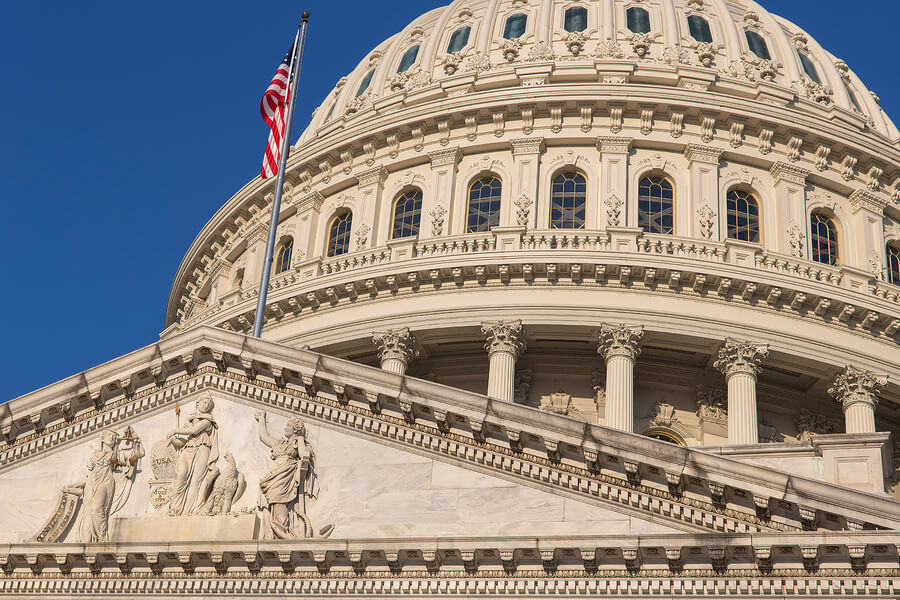We welcome any good news in a dismal news cycle, but the healthcare provisions built into the “Inflation Reduction Act” are worth a special mention.
The New York Times calls it “the most substantial changes to health policy since the passage of Obamacare in 2010.”
Passed by the U.S. Senate on August 8 and expected to pass in the House of Representatives on August 12, President Biden says he is looking forward to signing the bill into law. Here’s what we are looking forward to:
What seniors have needed for decades: giving Medicare the power to negotiate directly with pharmaceutical companies to reduce the astronomical costs charged for many drugs seniors need to stay alive and healthy.
The bill, beginning in 2025, sets a cap of $2,000 yearly for how much seniors pay for drugs. After reaching the cap, funds will come from the federal government, private insurers, and drug companies.
Federal subsidies for people who buy private health insurance through the Obama exchanges will be extended for three additional years, as they were during the coronavirus pandemic. For example, someone who pays about $80 in premiums will continue to pay that amount. These costs would double in 2023 without the bill.
Adult vaccines will be free starting in 2023 for seniors and people on Medicaid.
The bill uses federal subsidies to reduce the cost of health insurance and prescription drugs, insidious economic difficulties suffered by middle class and senior Americans.
Many benefits of this bill may not be evident to the people they help, as they are not visible directly. For instance, people won’t see large medical bills and may not be fully aware of free vaccines. But for the millions of Americans, particularly seniors, who struggle to pay for their prescription medications, the bill will be life-changing.
By design, the legislation will pay for itself and reduce the federal deficit over time while cutting prescription drug costs for the elderly and tightening enforcement on taxes for corporations and the wealthy.
It sounds like good news to us.


